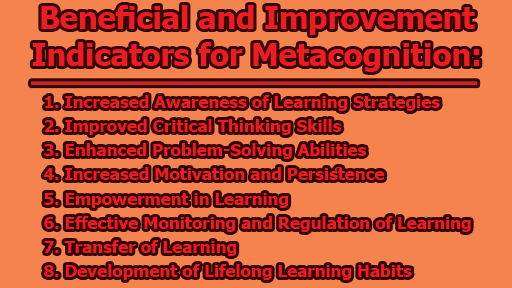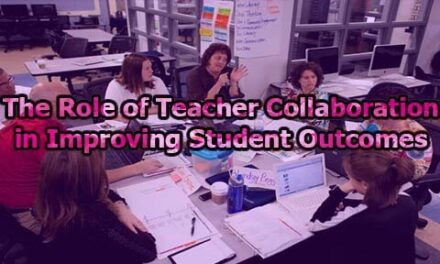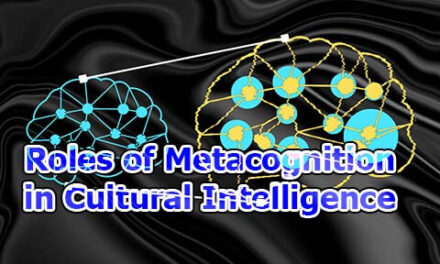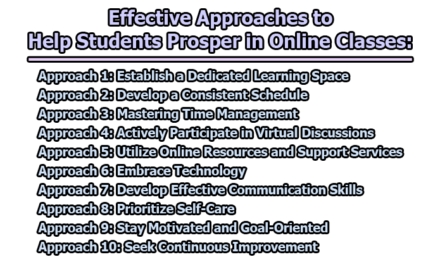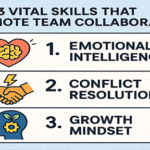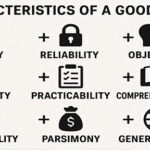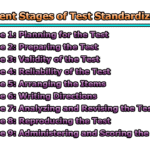Beneficial and Improvement Indicators for Metacognition:
In an ever-changing and uncertain world, the ability to think critically, solve problems effectively, and continuously learn are crucial skills for personal and professional success. Metacognition, often referred to as “thinking about thinking,” plays a significant role in developing these essential cognitive capacities. This article explores various beneficial and improvement indicators for metacognition in enhancing critical thinking, problem-solving, and learning outcomes. Additionally, it highlights the interconnectedness of learning as a social phenomenon, emphasizing the importance of communication and practical strategies for personal development.
1. Increased Awareness of Learning Strategies: Metacognition enables learners to become more aware of their learning strategies, helping them identify which approaches are most effective for them. For example, a student might realize that they comprehend information better when they take notes while actively engaging with the material, rather than passively reading or listening. By recognizing their preferred learning strategies, individuals can optimize their study habits to enhance understanding and retention.
Moreover, metacognition encourages learners to explore new learning techniques and experiment with different approaches. They can actively assess the efficacy of various methods, determining which ones work best for different types of content or subjects. This adaptive approach to learning ensures that individuals can tackle a diverse range of topics and challenges with confidence.
2. Improved Critical Thinking Skills: Metacognition plays a pivotal role in the development of critical thinking skills. It encourages individuals to reflect on their thought processes, question their assumptions, and analyze their reasoning. By engaging in metacognitive practices, learners become more attuned to biases that might influence their thinking and decision-making, leading to more balanced and objective evaluations.
For instance, a student engaged in metacognitive thinking might catch themselves forming hasty conclusions based on limited evidence. They can then take a step back, reassess the evidence, and consider alternative perspectives before arriving at a more informed judgment. Over time, this self-reflective process hones their critical thinking abilities, making them more adept at evaluating complex situations and arriving at well-reasoned solutions.
3. Enhanced Problem-Solving Abilities: Metacognition complements problem-solving by promoting a structured and systematic approach to tackling challenges. Individuals who practice metacognition are more likely to break down complex problems into smaller, more manageable components. They can then devise multiple potential solutions and assess the advantages and disadvantages of each before selecting the most suitable approach.
Additionally, metacognition encourages learners to consider the problem-solving process itself. They might ask themselves questions like, “Am I approaching this problem in the best way possible? Are there alternative strategies I should explore?” This metacognitive awareness allows for flexibility in problem-solving, enabling individuals to adapt their methods as needed and find innovative solutions.
4. Increased Motivation and Persistence: Metacognitively aware learners often exhibit higher levels of motivation and persistence in their educational endeavors. By setting clear goals and monitoring their progress, individuals develop a sense of purpose and direction, which fuels their drive to succeed.
For instance, a student who is aware of their learning objectives might actively seek out resources, study groups, or tutoring sessions to achieve those goals. They are more likely to persevere through challenging tasks because they understand the long-term benefits of their efforts. This intrinsic motivation, stemming from metacognitive awareness, fosters a growth mindset that views challenges as opportunities for learning and improvement.
5. Empowerment in Learning: Metacognition empowers learners to take an active role in their educational journey. Rather than passively receiving information, metacognitively aware individuals engage with the content actively. They ask themselves questions like, “Do I understand this concept fully? Can I explain it in my own words?” This self-assessment allows them to identify areas of weakness and seek additional resources or assistance.
Furthermore, metacognition empowers individuals to recognize their learning progress and celebrate their achievements. Acknowledging their growth and accomplishments boosts self-confidence and encourages further engagement with the learning process.
6. Effective Monitoring and Regulation of Learning: Metacognition facilitates the monitoring and regulation of one’s learning efforts. Learners can self-assess their understanding and make necessary adjustments to their study routines based on their performance. For example, if a student finds that they struggle with a specific topic, they might allocate more time to reviewing it or seek help from their teacher or peers.
This self-regulatory aspect of metacognition prevents learners from passively moving through educational material without comprehension. Instead, they actively gauge their understanding and take proactive measures to improve it, leading to more efficient and effective learning outcomes.
7. Transfer of Learning: Metacognition promotes the transfer of learning across various contexts and subjects. Individuals who possess metacognitive skills can recognize connections between previously learned concepts and new situations, allowing them to apply their knowledge and skills in diverse settings.
For example, a student who has developed strong metacognitive abilities in mathematics might identify similarities in problem-solving strategies when faced with challenges in physics or economics. This cross-disciplinary application of knowledge not only enhances learning outcomes but also fosters a deeper understanding of core principles that transcend specific subject areas.
8. Development of Lifelong Learning Habits: Metacognition lays the foundation for developing lifelong learning habits. As learners recognize the value of continuous improvement and self-directed learning, they are more likely to adopt a growth mindset that embraces challenges and new opportunities for learning.
Metacognitively aware individuals tend to seek out new information, engage in self-directed research, and actively participate in discussions to deepen their understanding continuously. This ongoing pursuit of knowledge extends beyond formal education, leading to a thirst for knowledge and personal development throughout their lives.
In conclusion, metacognition stands as a powerful catalyst for fostering critical thinking, problem-solving, and learning excellence. By heightening awareness of learning strategies and promoting self-reflection, individuals become adept at selecting effective study methods tailored to their needs. This, in turn, cultivates improved critical thinking skills, enabling them to identify biases, assess evidence, and arrive at well-reasoned conclusions. Metacognition also enhances problem-solving abilities by encouraging a systematic approach and innovative thinking. Moreover, its impact extends beyond the classroom, as metacognitively aware individuals display heightened motivation, resilience, and a lifelong commitment to learning. As educators embrace and incorporate metacognitive practices, they unleash the potential for greater intellectual growth, adaptability, and success in the face of an ever-changing world.
Reference:
Jamil, M. G., & Bhuiyan, Z. (2021). Deep learning elements in maritime simulation programmes: A pedagogical exploration of learner experiences. International Journal of Educational Technology in Higher Education, 18(1), 18. https://doi.org/10.1186/s41239-021-00255-0

Assistant Teacher at Zinzira Pir Mohammad Pilot School and College

